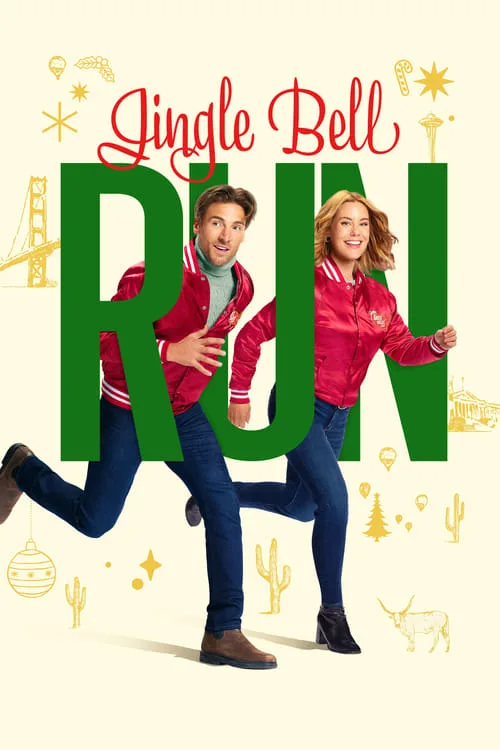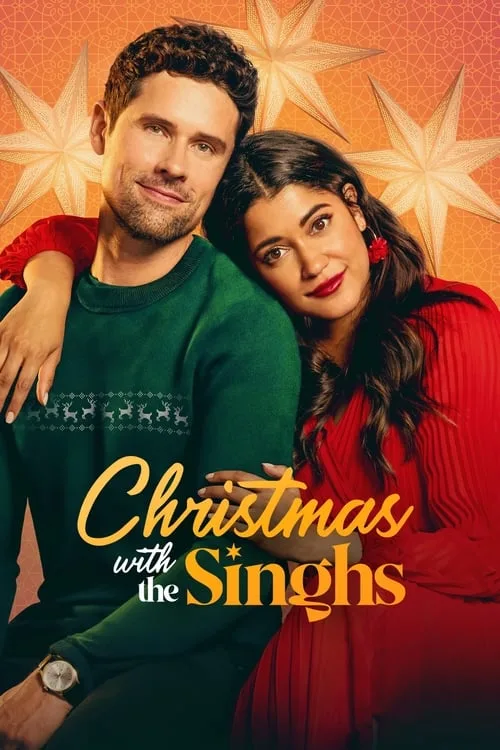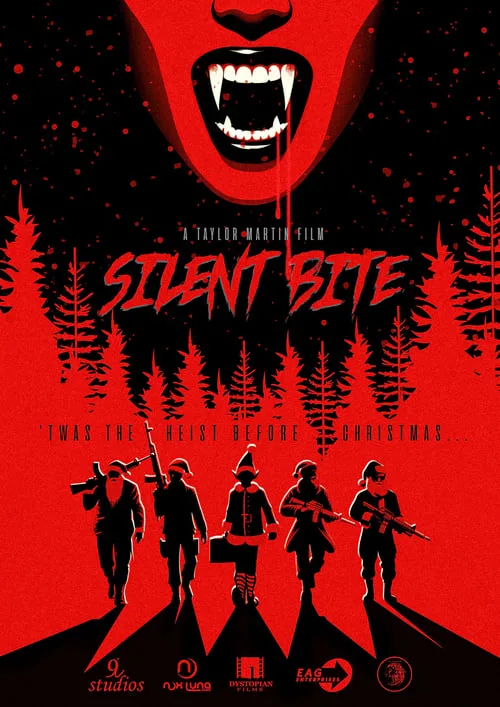A Deep Dive into the Rise, Fall, and Reinvention of Louis C.K.
Produced by The New York Times’ video division, Sorry Not Sorry is a compelling documentary that examines the rise, fall, and subsequent reinvention of Louis C.K., a once-respected stand-up comedian and filmmaker who faced career devastation following multiple accusations of sexual misconduct. Directed by Cara Mones and Caroline Suh, this film offers an in-depth look at C.K.’s journey, drawing heavily on The New York Times’ extensive reporting. Through interviews, archival footage, and a cinematic presentation, the documentary seeks to unpack the complex legacy of a comedian who pushed boundaries both on and off stage.
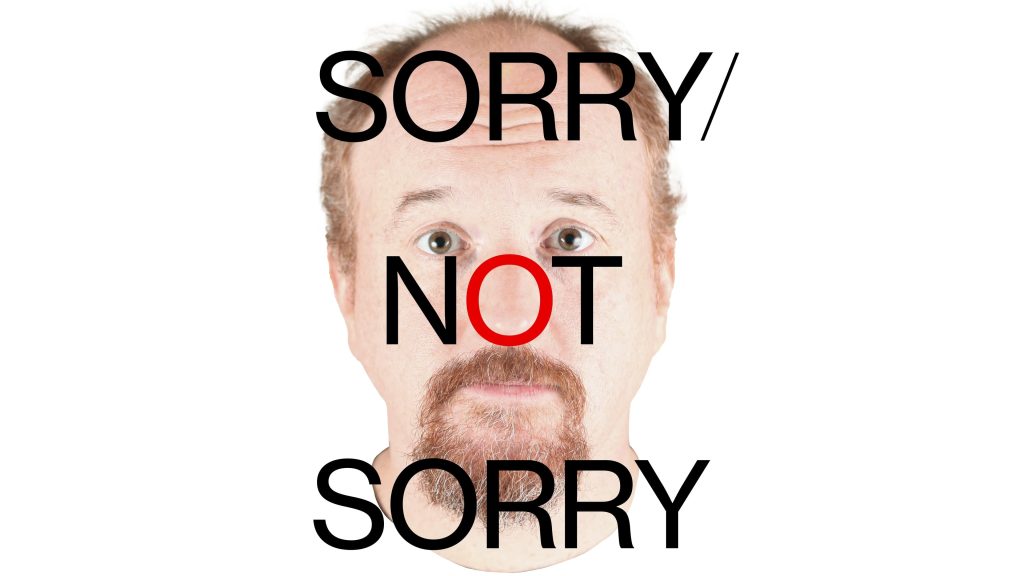
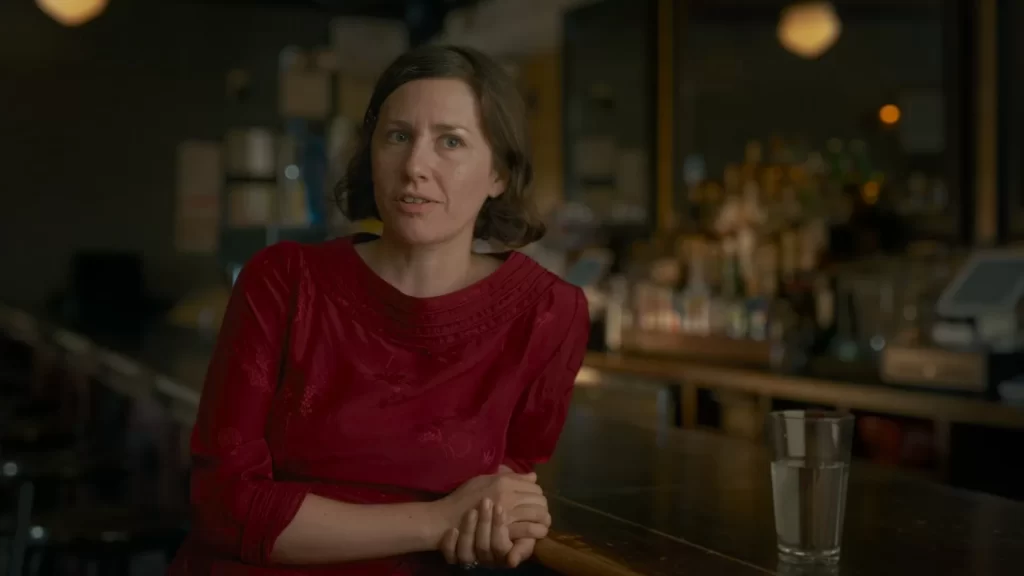
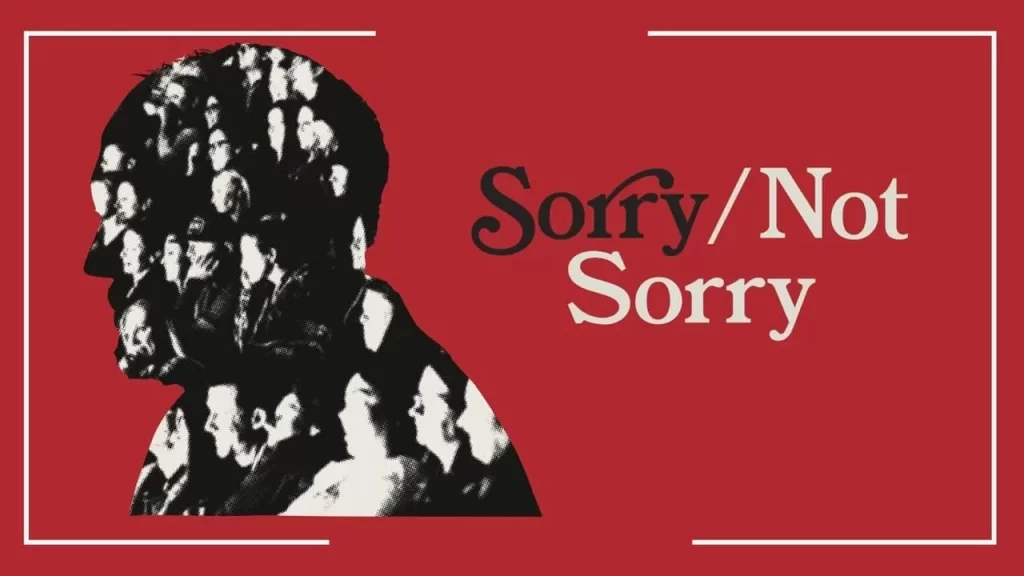
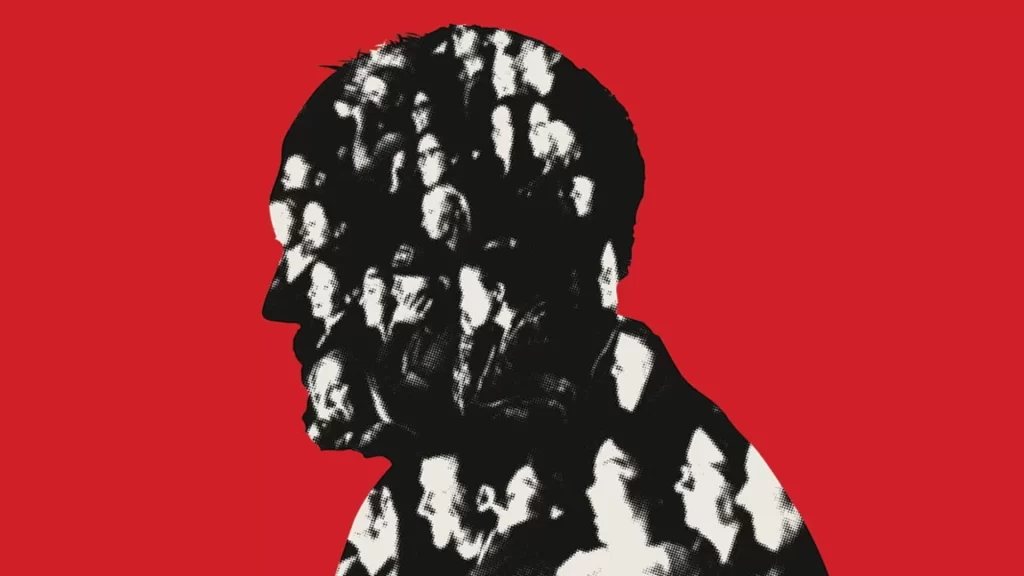
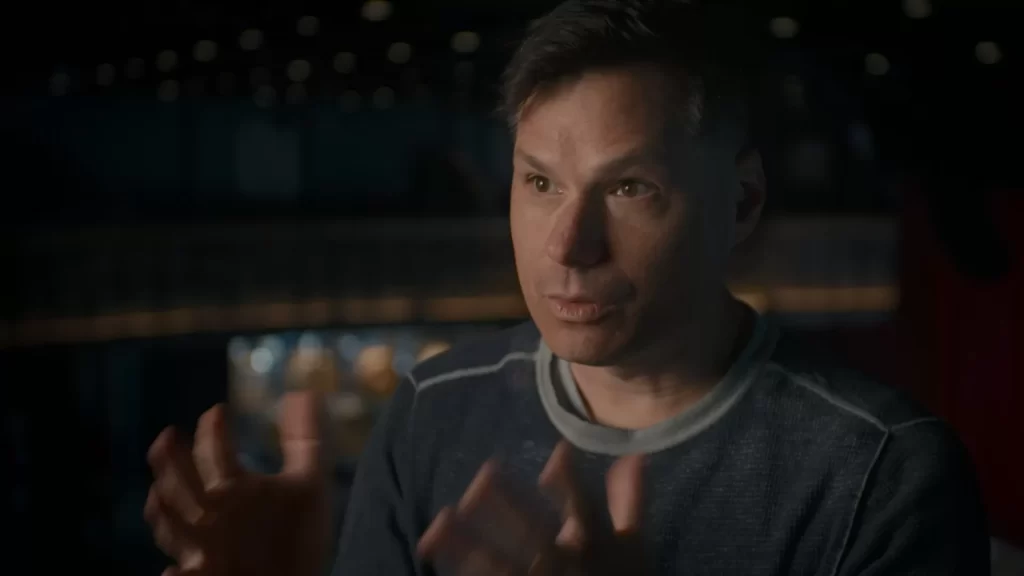
Sorry Not Sorry begins by chronicling Louis C.K.’s ascent in the comedy world. Known for his earthy, intellectual humor, he gained widespread acclaim as the creator, writer, director, producer, and star of the semi-autobiographical FX series Louie. The series, which depicted the life of a divorced single father and stand-up comic, earned C.K. comparisons to Woody Allen, particularly for his role as a New York intellectual entertainer.
However, the narrative takes a dark turn as the documentary delves into the allegations against C.K. Multiple women accused him of sexual misconduct, claiming that he abused his power by putting them in uncomfortable situations where they felt compelled to watch or listen to him masturbate. The film features interviews with three comedians—Jen Kirkman, Abby Schachner, and Megan Koester—who share their experiences and the career risks they faced by coming forward.
The documentary also includes perspectives from C.K.’s colleagues, such as Andy Kindler and Michael Ian Black, and clips of non-interviewees like Jon Stewart and Sarah Silverman grappling with their knowledge of C.K.’s behavior. By drawing on these varied viewpoints, the film paints a comprehensive picture of the impact of C.K.’s actions on the comedy community and beyond.
Cara Mones and Caroline Suh’s direction is both insightful and cinematic, making the documentary feel more like a feature film than a traditional long-form news piece. The use of crisp and thoughtful cinematography by Robert Richmond, coupled with an insistent underscore by Kyle Scott Wilson, creates a compelling viewing experience. The directors build the story around interviews with the women who went on the record, adding depth and nuance to their accounts.
However, the film occasionally struggles with the question of whether the topic is better suited for a documentary, newspaper article, or podcast. Despite this, Mones and Suh succeed in presenting a well-rounded narrative that captures the complexity of C.K.’s story.
While Sorry Not Sorry is a documentary and not a scripted film, the interviews and archival footage effectively convey the emotional weight of the story. The primary focus is on the real-life experiences of the women who came forward, and their candidness adds authenticity and gravitas to the film. The emotional range displayed by the interviewees, from anger to sadness to resignation, underscores the human impact of C.K.’s actions.
The cinematography by Robert Richmond is a standout feature of the documentary. The film is visually engaging, with well-composed shots that enhance the storytelling. The use of archival footage from C.K.’s stand-up routines and episodes of Louie adds context and depth to the narrative. These clips, combined with the interviews, create a cohesive visual experience that draws viewers in.
Sorry Not Sorry is a thought-provoking documentary that provides a comprehensive look at the rise, fall, and reinvention of Louis C.K. The film’s exploration of the power dynamics in the entertainment industry, the impact of sexual misconduct, and the complexities of forgiveness and redemption make it a compelling watch. While the documentary occasionally grapples with its format, it ultimately succeeds in shedding light on a story that continues to resonate in the era of #MeToo.
FAQs Sorry Not Sorry (2024)
Q: Where can I watch Sorry Not Sorry (2024)?
A: Sorry Not Sorry (2024) is available for streaming on [Streaming Service]. You can also watch it online at iWatchOnline.
Q: Who directed Sorry Not Sorry (2024)?
A: The film was directed by Cara Mones and Caroline Suh.
Q: What is Sorry Not Sorry (2024) about?
A: Sorry Not Sorry explores the rise, fall, and reinvention of comedian Louis C.K., focusing on the sexual misconduct allegations against him and their impact on his career and the comedy community.
Q: Is Sorry/Not Sorry (2024) suitable for children?
A: The documentary is rated [Rating] and contains mature themes, making it unsuitable for young children. Parental discretion is advised.
Q: What are the main themes of Sorry/Not Sorry (2024)?
A: The film explores themes of power dynamics, sexual misconduct, accountability, forgiveness, and the complexities of redemption.
Q: Is there a sequel planned for Sorry/Not Sorry (2024)?
A: As of now, there has been no official announcement regarding a sequel.
Q: How long is Sorry/Not Sorry (2024)?
A: The runtime of Sorry/Not Sorry is approximately [Runtime] minutes.
Sources
Sorry/Not Sorry (2024) is a compelling documentary that delves into the rise, fall, and reinvention of Louis C.K. With its insightful direction, emotional interviews, and engaging cinematography, it provides a comprehensive look at a complex and controversial figure. For those interested in the intersection of comedy, power dynamics, and accountability, this documentary is a must-watch.

